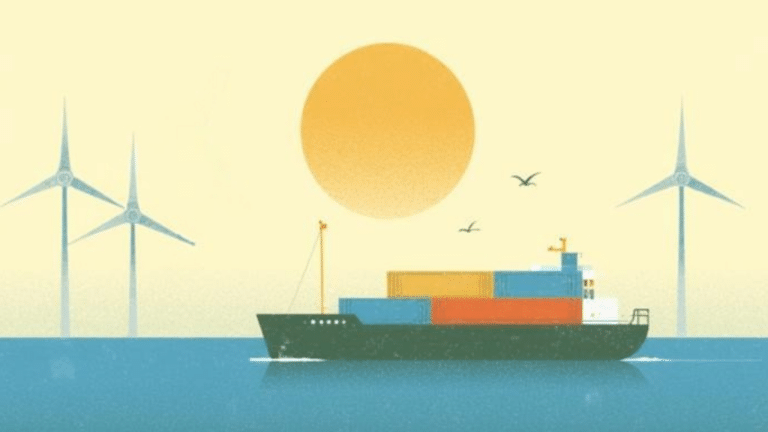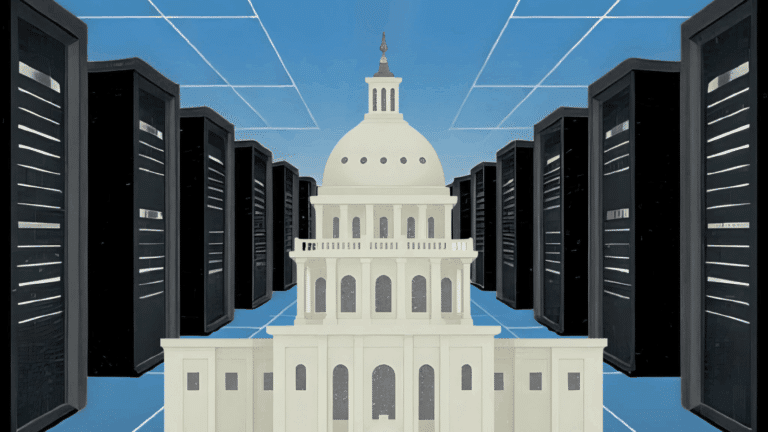Could a strategic lithium reserve kickstart US supply chain development?
NEW YORK -- A strategic lithium reserve is being mooted as a solution to stabilize volatile prices that have hindered American mining projects, allowi
Current Access Level “I” – ID Only: CUID holders, alumni, and approved guests only
Past Event
April 24, 2020
9:30 am - 10:30 am
Join us on April 24 for the last meeting of the Women in Energy group mentorship program led by Sunaina Ocalan, Corporate Strategy Director at Hess Corporation. This session will focus on managing your career in uncertain times. How will it work? Intended to build off of conversation, and experiences, this will be a group mentoring session with a maximum of 15 participants. Reading materials for topics will be sent a week in advance, and the mentor will play a faciliatory role to enable discussion. This is intended to be a safe space, so examples or specific issues can be discussed openly. Registration will be required for each session. Space is limited. Please register only if you can commit to attending the meeting. These sessions are open to all Women in Energy students and professional members. About the Mentor: Sunaina Ocalan is the Corporate Strategy Director at Hess Corporation, based in New York. Sunaina is responsible for keeping the Hess executive team abreast on macro-economic factors, and elements of supply and demand of oil and gas; how costs are trending in the industry, and other macro themes and perspectives. She is also responsible for competitor intelligence, and monitoring strategic trends in the industry. She has 18 years’ experience in the oil and gas industry, in various functions – she started her career with Schlumberger, working as an electrical design engineer. After getting her MBA, she switched gears and joined a boutique management consulting firm that got acquired by IHS CERA in Cambridge, MA. In 2012, Sunaina joined Hess as a development planning engineer for one of the company’s unconventional plays. Prior to taking her current role in Corporate Strategy, she supported all of Hess’ offshore assets and was responsible for decision analysis and economics for GOM, Asia, and Europe. Sunaina holds a bachelor’s degree in Electrical Engineering from Bombay University, India, a master’s degree in Electrical Engineering from Pennsylvania State University, PA, and an MBA from Rice University in Houston. — If you have any questions, please contact: [email protected]
The Center on Global Energy Policy at Columbia University SIPA's Women in Energy initiative and Accenture invite you to join us for an evening of conversation and networking...

The Columbia Global Energy Summit 2026 is an annual event dedicated to thought-provoking discussions around the critical energy and climate challenges facing the global community.

The event is for CUID holders only. Please note: space is limited. The Center on Global Energy Policy at Columbia University SIPA invites Columbia University students to a...

The Center on Global Energy Policy at Columbia University SIPA’s Women in Energy initiative invites you to join us for an interactive workshop on building confidence in the...

This Energy Explained post represents the research and views of the author(s). It does not necessarily represent the views of the Center on Global Energy Policy. The piece...

Geopolitical uncertainty associated with Russian gas exports could swing the range of those exports by an estimated 150 bcm per year.

From the east to west and north to south, in red states and blue states, attention to data centers is skyrocketing in state capitals across the United States.
